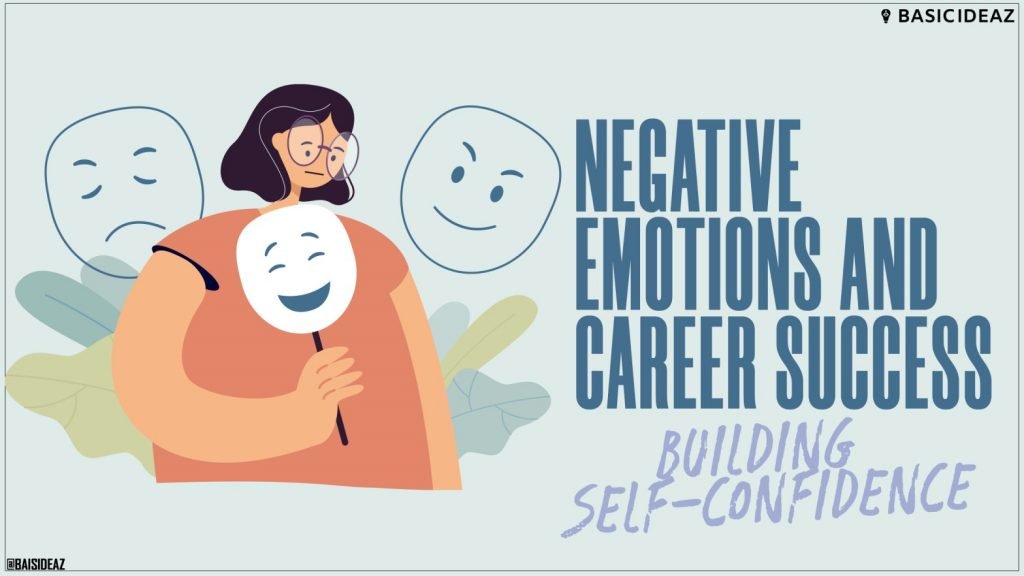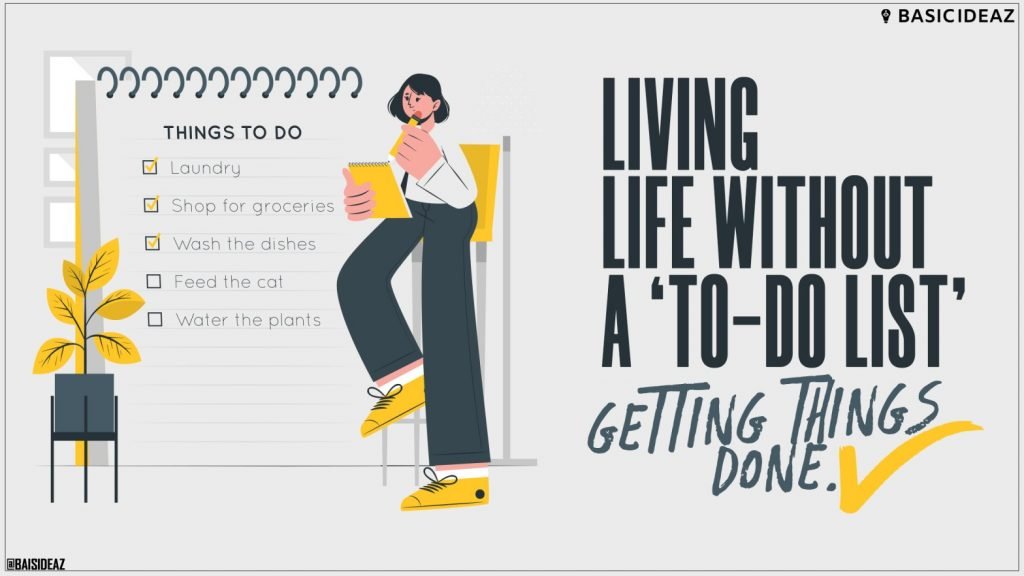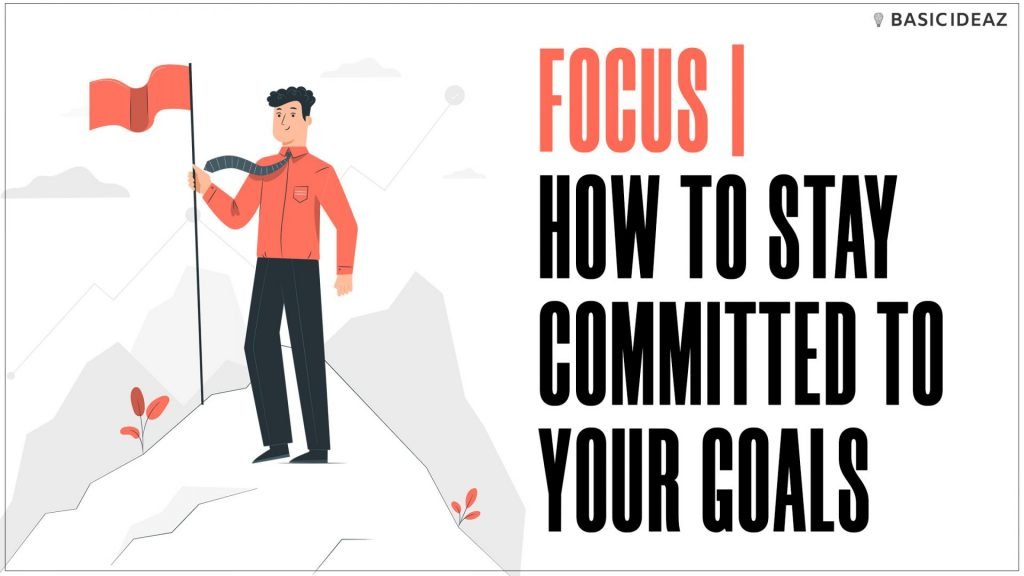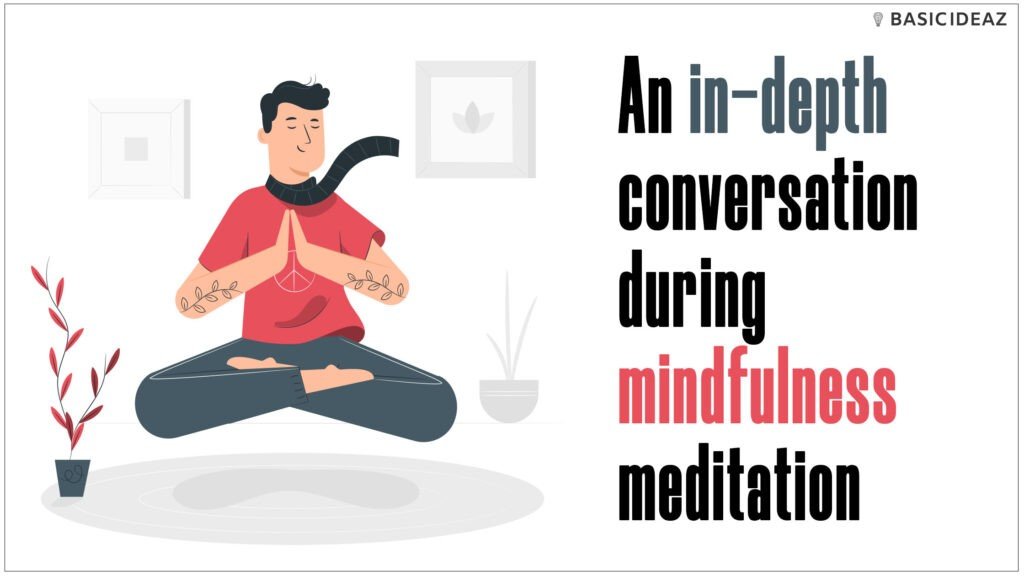Negative Emotions and Career Success | Building Self-Confidence

We all have negative emotions.
Even the top performers or people you consider successful also have negative emotions like fear, feeling low, not in a mood for work, fear of failure or success, excuses, etc.
In fact, I currently have this negative emotion not to write this article.
I am not in a mood to write it, I don’t have any motivation to put a single word on this excel sheet, but I am still writing.
I learned that negative emotion is a part of our lives and never goes away.
You cannot suppress them, avoid them or deny their existence.
This is how our brains work.
But, that doesn’t mean we will not be able to perform our required actions because of negative emotions.
Instead, we will make these negative emotions an ally and move forward with our life.
This article will tell how.
Get Quality Self Improvement Articles Every Week, No Spam, No Ads.
Thank you!
You are added to the community of Basicideaz.
Comfort Zone and Negative Emotions
Let’s go back in time.
You live among the caveman, and you need a tribe to survive.
Why?
Because alone, you will be dead.
The environment outside your tribe was not that survival-friendly.
There were sabertooth tigers, giant mammoths, poisonous snakes, other rival tribes, scarcity of food, various illness, etc.
Imagine what would have happened when you didn’t have any negative emotions or fear in those eras.
You will probably stand and look at the excellent mammoth for a long time until it crushes you under its large feet.
It is only that negative emotions that saved our ancestors from being killed.
Therefore, negative emotions are so hardwired in our brains after millions of years of evolution that it is impossible to avoid or suppress them in the present world.
Whenever we are out of our comfort zone, we have to go through our negative emotions.
This means, if you are sweaty, or feeling uncertain, or discomfort because you are going to do something beyond your comfort zone, then you are a normal human being.
Congratulation.
The myths about negative emotions.
Moreover, there are fantasy characters in books and movies who don’t feel any fear in times of crisis.
They just smile and do their work calmly and confidently.
If you were born among these characters or society, it is natural to assume that fear or negative emotion is terrible, and we should avoid them at any cost.
The truth is, your mind will automatically conjure up negative thoughts whenever you are outside your comfort zone.
Perhaps, something bad will happen in the board meeting today; you cannot be a novelist because you will never get a publisher, you will never have those six packs because you are too lazy, etc.
Therefore, people will suggest you don’t think all those stuff, think positive and all.
They suggest shutting off your millions of years old neural pathways in an instant.
That’s not possible.
If you don’t believe me, you can try it for yourself.
Do something that you want to do for a long time, something that puts you out of your comfort zone, and notice the thoughts that pop up in your mind.
Is it producing all the reasons why you should not start it now, or why you should do it later?
Is it saying why you cannot do it and why it will be a waste of time?
If these negative thoughts pop into your head, then this is normal.
So, if somebody suggests you stop thinking about negative thoughts, they are just wasting their and your time.
You cannot stop your negative thoughts because they will always be there.
What you can do is, you can transform your relationship with them.
Consciousness
If you pay attention to your mind, you will notice that your mind is always telling you something.
There is a constant voice that plays in the background.
It keeps telling you what you should do, what you should not, what you like, and what you should avoid.
Even in sleep, it doesn’t shut off.
Most of us follow what our mind tells us to do without our awareness.
The sole objective of our mind is survival.
So, the mind tells us to do things that don’t put our lives in danger.
Anything that looks suspicious or something outside our comfort zone, mind chattering gets louder.
Try it for yourself.
Try to do something you are planning to do for a long time.
Your mind will come up with thousands of excuses in an instant and why you should postpone it.
For example, you are planning to write that novel, but thousands of thoughts burst into your head whenever you start to write that first line.
You cannot write.
You are a lousy writer.
You will never get a publisher.
Why today, you can start from tomorrow.
Etc.
But, writing a novel is not life-threatening and not dangerous to our lives.
It may not be to our logical mind, but our subconscious mind only knows that we are about to do something beyond our comfort zone.
So, its job is to alert us from all the discomfort we will have.
Therefore, if these thoughts pop up in your mind wherever you try to do something right, you need to realize that it’s normal and there is nothing to be ashamed of.
But most of us don’t even realize these thoughts and quit before starting our project.
They just say I don’t feel like doing it today.
You may not even write that first line of your novel and quit before even knowing that there is a voice that told you to quit it.
Realizing that voice is consciousness or awareness.
Emotions don’t define your action
We will come back to awareness later in the article.
But first, let’s understand why emotions don’t define our actions.
We often put greater importance on emotions because we need motivation or feel good to do our work.
Again, if there is stress or worry, or any other negative emotions, we can’t even take a step outside.
But isn’t it also true that you still perform some actions because it needs to be done no matter how you feel?
How do you do that?
Sometimes you don’t want to wake up in the morning, but you still do and get ready for your office.
When you don’t want to go to the doctor for your monthly checkup, but you still go.
Every day you do so many things that you don’t feel like doing, but you still do.
But, when it comes to voluntary actions, like practicing guitar or learning Japanese, you stop.
You move according to your emotions.
If you don’t feel like practicing guitar, you will probably not practice for that day and wait for motivation to show up.
Here is a secret about motivation, it doesn’t show up everyday.
If you wait for motivation to show up to practice the guitar, the probability is that you will never learn to play it.
So, what’s the solution.
I am not suggesting you become emotionless and perform your action anyway.
That’s not possible.
You cannot become emotionless, no matter how hard you try.
Again, suppressing your emotions will cause more problems in your life.
The problem with emotions is not the emotions themselves; our attachment with them is the true problem.
When you realize that an emotion is just an emotion and you don’t need to act according to its way, you can perform any action at any time.
But how can we work without feeling like working?
How to do the right thing without feeling like doing it?
Thoughts don’t define our actions.
It is a popular belief in our society that thoughts define our actions.
If you think positively, good things will happen to you, and if you think negatively, bad things will occur.
But isn’t it true that you still pursue your goals despite thinking of quitting?
Despite thinking that you can’t do it, you still do it in the end.
There are many occasions where you think about something and do something else.
Therefore, if you are worried that negative thinking will ruin your life, it will probably be a waste of time trying to stop negative thinking.
Our brain tends to think negatively; that’s the nature of our brains.
It is useless to fight with them, suppress them, or fill our brains with positive thinking.
The problem arises when we attach our actions with those thoughts.
Once you learn the technique of detachment, these thoughts will no longer have the power to influence you.
They will be just there in the background, but you can still perform your actions.
Get Quality Self Improvement Articles Every Week, No Spam, No Ads.
Thank you!
You are added to the community of Basicideaz.
The technique of Detachment.
The technique may seem as simple as it sounds.
But, once you keep doing it, you will see its importance over time.
First, whenever you don’t feel like doing something or having a negative thought, close your eyes and repeat these sentences, “I have noticed that I am having this emotion or thought.”
For example, if you are not in a mood to go to the gym, close your eyes and try to notice that reason for not going to the gym.
You can say, “I have noticed that I am not in a mood to go to the gym.”
Name the emotion you are feeling, like “laziness, not in the mood, excuses, etc.”
Now visualize the “name” in your imagination.
Perhaps, the name ‘laziness” is floating in a cloudless sky, or the laziness sticker is attached to your back, or your private jet name is ‘laziness.’
Once you do this, you will feel a sense of detachment from that emotion or thought.
Your laziness will still be there, but you will also have a sense that this is just an emotion or thought, and it doesn’t reflect your action.
You are not suppressing the emotion or forcing it to go away; you just notice that it is there.
Second, you can ask your brain what the right thing to do now is.
It’s okay if you feel low or confused in your life, but right now, what is the most logical and right thing to do that can help you become the desired person you want to become.
If going gym is the right thing to do, you can also notice that in your mind.
You don’t have to force yourself to go to the gym; you just notice it.
Repeat this process as many times as possible; soon, you will sense a detachment from your thoughts or emotions.
Once you feel the detachment from your thoughts and emotions, you can make the right decisions because emotions and thoughts have no power over you for sometime.
This technique depends on your level of practice; the more you do, the more you will become aware of your thoughts and emotions.
The more you become aware of your thoughts and emotions, the better decisions you can make in your life.
Try it for two to three weeks and see the difference for yourself.
What’s all this has to do with self-confidence?
Have you ever heard these lines-
“ I don’t have the confidence that I can write a novel.”
“ I am not sure if I can host the show.”
“ I don’t have the confidence that I can get a good job.”
“ I don’t have the confidence to ask her out.”
From these examples, we can clearly say that self-confidence is an emotion.
But, we learned earlier that emotions don’t show up everyday.
If you are waiting for self-confidence to ask her out, the probability is that she would be going out with someone else sooner or later.
If you are waiting for self-confidence to write that novel, the probability is that the pages will remain blank forever.
Once you realize that self-confidence is just an emotion, and with the help of the above technique, you sense that detachment, you can take your first step.
The secret about positive emotion is that it generates from the action.
Once you take action, you will feel positive emotion sooner or later and continue even further than you have planned.
Society lives with this formula-
First, they need to feel good emotion; after this, they take action.
Why don’t you take action first; Emotions will follow independently.
Again, it doesn’t matter if you have good or bad emotions; you can do your work anyway without suppressing or avoiding it.
Sefl-confidence generates from your action.
If you want to feel the confidence you desire, you need to take action first.
You are always confident with your walking or eating.
Why do you never think you will fall if you try walking or can’t swallow while eating?
Because you have done it over and over again, that you don’t even need to think about it.
You have taken the actions so many times in your life that you do these activities unconsciously.
That’s all you need to do with the rest of your activities.
Conclusion
It is pointless to fight with your negative emotions.
It will always be there, no matter how successful you become in your life.
Attaching ourselves with negative emotion cause you all the problems in our lives.
You just need to be aware of your negative emotions because awareness is the first step of detachment from these negative emotions.
Once we realize that we have options to take action despite the way we feel, we find the path of liberalization.
No one is forcing us to do what is not right.
It is up to us to do the right thing at the right time.
Because the person who can control his mind and not live a life where the mind controls him becomes truly happy and successful.
Best
Ahbab
Get Quality Self Improvement Articles Every Week, No Spam, No Ads.
Thank you!
You are added to the community of Basicideaz.
Note*
This article is based on the book “The confidence gap” written by Russ Harris.
If you want to know more about these techniques and want to build solid confidence, this book is for you.
This is not a promotion, but a suggestion.
The above link is not an affiliate link.





